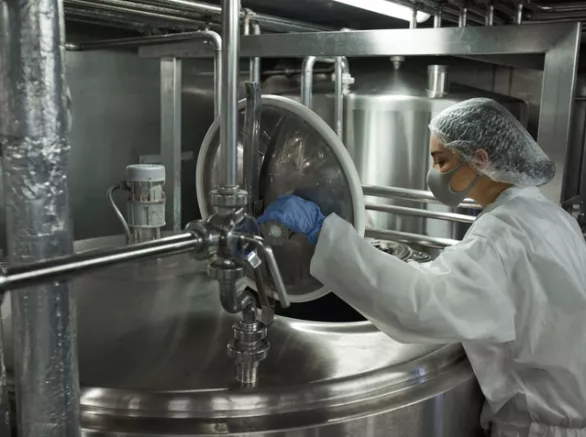

- Ph.D., Materials Science, California Institute of Technology (Caltech), 2011
- M.S., Materials Science, California Institute of Technology (Caltech), 2008
- B.S., Materials Science, University of California, Irvine, 2006
- Professional Engineer Metallurgical, California, #1976
- Chancellor's Award for Excellence in Undergraduate Research, UC Irvine, 2006
- The Henry Samueli School of Engineering Undergraduate Research Fellowship, UC Irvine, 2005
- Integrated Micro/Nano Summer Undergraduate Research Experience Fellowship, UC Irvine, 2005
Dr. Brown's primary area of expertise is failure analysis in support of product development, in particular for the consumer electronics industry. He specializes in complex, multidisciplinary technical problems that span materials, mechanical, chemical, and optical root causes. He has extensive experience diagnosing failures in full consumer electronic systems, display modules, camera modules, PCBs, thin film stacks, housing enclosures, flexible cables, small-scale electronic elements, and a variety of electronics packaging. With well over a decade of experience, Dr. Brown has worked on hundreds of failure modes, such as materials fracture, corrosion of small-scale components, delamination, thin film mechanical failures, nano-/micro- scale fabrication process issues, active display element failures, and manufacturing process quality issues. As part of fracture analysis in brittle materials, such as glass and both single-crystal and polycrystalline ceramics, Dr. Brown routinely performs analyses of stress-at-failure, fracture origin identification, and assessment of the cause of fracture.
Prior to joining Exponent, he was a Graduate Research Assistant in the Solid Ionics and Electroceramics group at Caltech, where he received his doctoral degree in 2011. His thesis work revolved around the synthesis and testing of various electrode and electrolyte structures for use in Solid Oxide Fuel Cells (SOFCs). This included the fabrication of ceramic thin films, nanowires, and inverse opals, as well as metallic thin films and two-dimensional anti-dot networks. He is familiar with a wide range of thermal and chemical stability issues associated with fuel cell systems. Often to those ends, he has utilized techniques such as SEM, TEM, AFM, Raman spectroscopy, and XRD to describe functional SOFC materials and their associated microstructures.
Evan's recent insights
